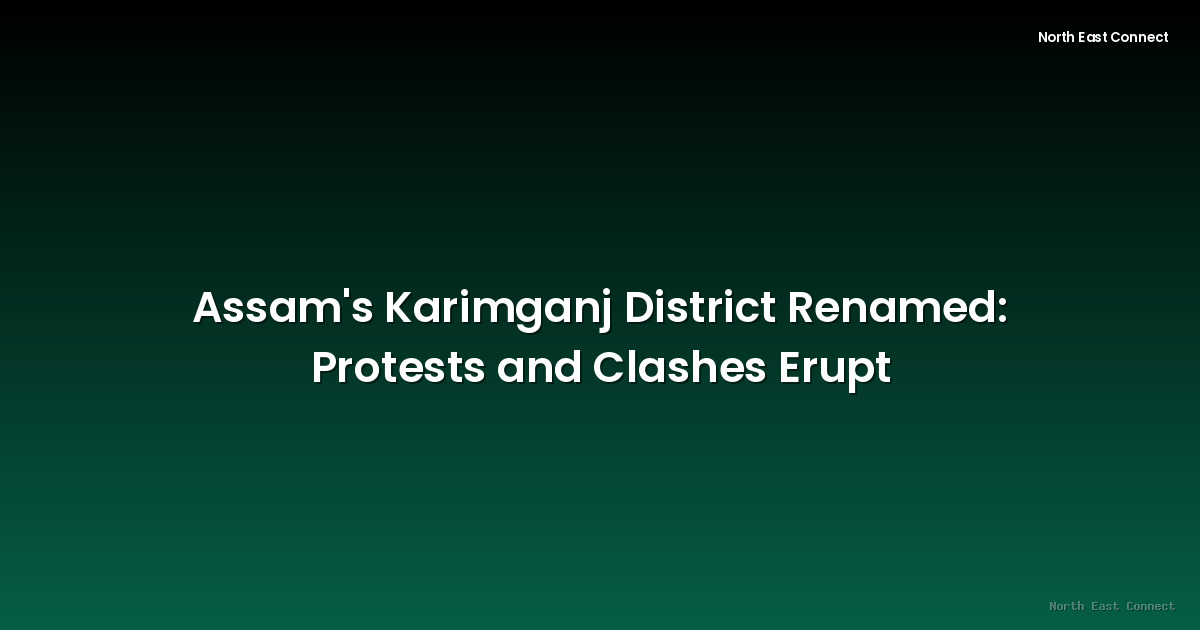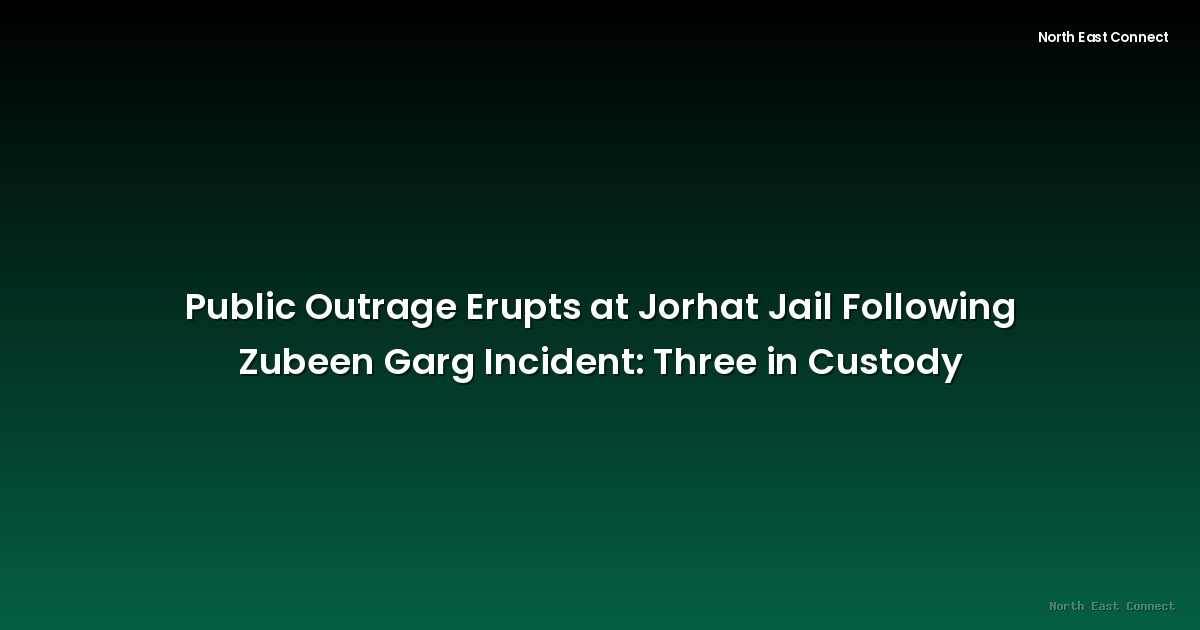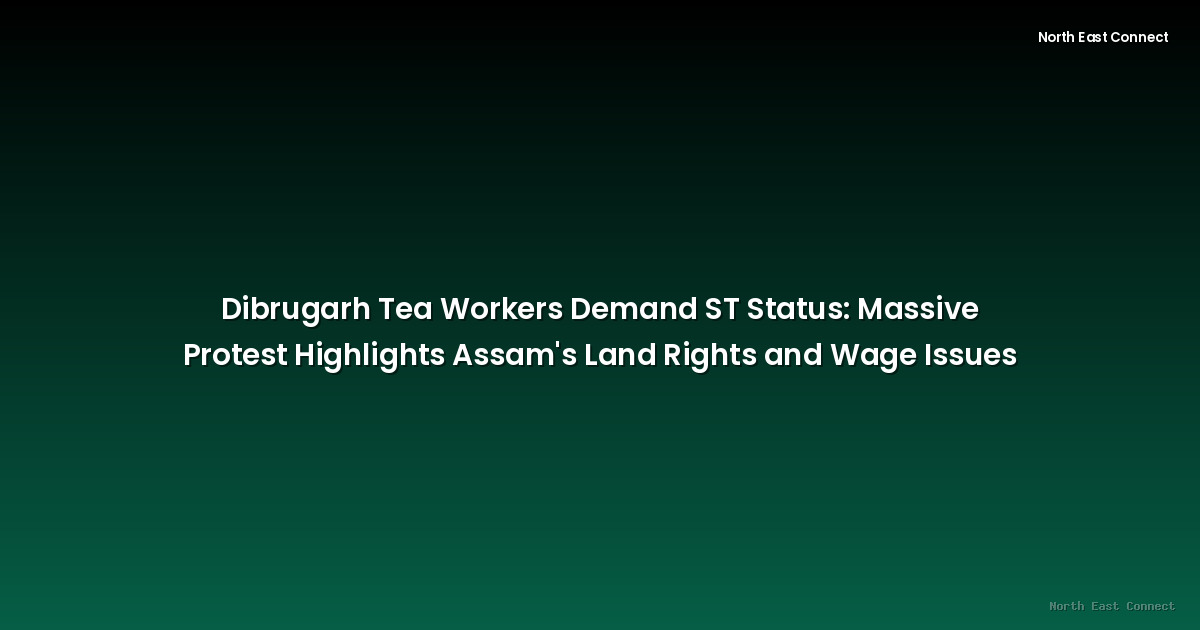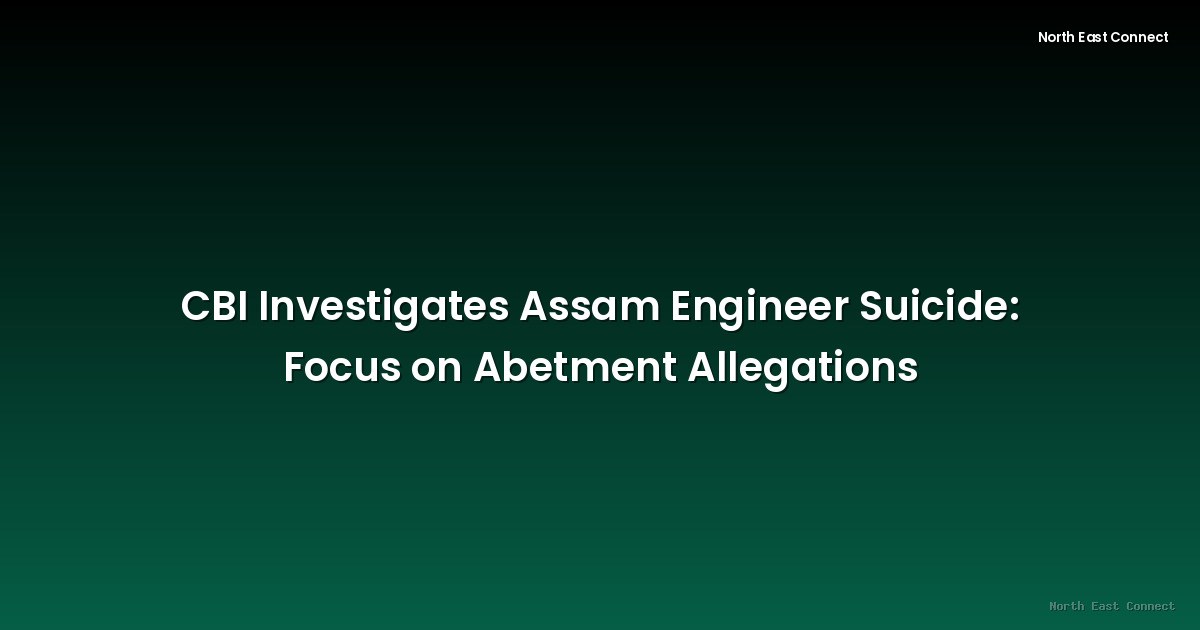2025-09-09 · News
The renaming of Karimganj district in Assam has sparked widespread protests and violent clashes between demonstrators and law enforcement. A bandh, or shutdown, called to oppose the name change resulted in confrontations across several areas within the district. While the specific reasons behind the opposition remain multifaceted, the incident highlights underlying tensions surrounding identity and regional politics in the state.
The decision to rename Karimganj district, while officially announced, has not been explicitly detailed in publicly available government statements. This lack of transparency has fuelled speculation and contributed to the intensity of the protests. The absence of clear communication surrounding the rationale behind the renaming has exacerbated existing anxieties among residents.
Reports indicate that the protests began peacefully, with demonstrators blocking roads and staging demonstrations to voice their dissent. However, the situation escalated as police intervened to maintain order. The ensuing clashes resulted in injuries on both sides, although the exact number of casualties remains unclear due to conflicting reports. Visual evidence circulating on social media depicts scenes of confrontations involving protestors and law enforcement personnel.
The scale and intensity of the protests suggest significant opposition to the renaming within the affected community. The underlying causes of the unrest likely extend beyond a simple disagreement over a name change. It’s possible that the renaming is perceived as an attempt to erase the cultural or historical identity associated with the existing name, or that it's viewed as undermining local autonomy or representation.
The administration's response to the protests has also come under scrutiny. The deployment of police forces and the use of force to quell the demonstrations have drawn criticism from various quarters, raising questions about the handling of the situation. Concerns have been raised about the potential for further escalation of violence if the underlying grievances are not addressed promptly and effectively.
The incident underscores the need for greater dialogue and engagement between the government and the affected communities. Addressing the concerns of the protesters through transparent communication and meaningful consultations is crucial to de-escalating the tensions and fostering a sense of unity and stability in the region.
Moving forward, it’s important for all stakeholders to engage in a constructive dialogue to find a mutually agreeable solution. This includes a transparent explanation of the rationale behind the renaming, addressing concerns about preserving cultural heritage, and ensuring that the decision aligns with the interests of all residents of the Karimganj district. Failure to address the root causes of the unrest could lead to further escalation and create lasting divisions within the community.
The events surrounding the renaming of Karimganj district serve as a stark reminder of the sensitivity surrounding issues of identity and regional politics. Understanding the multifaceted dimensions of the protests, and responding appropriately, will be critical in maintaining peace and order in the region.







